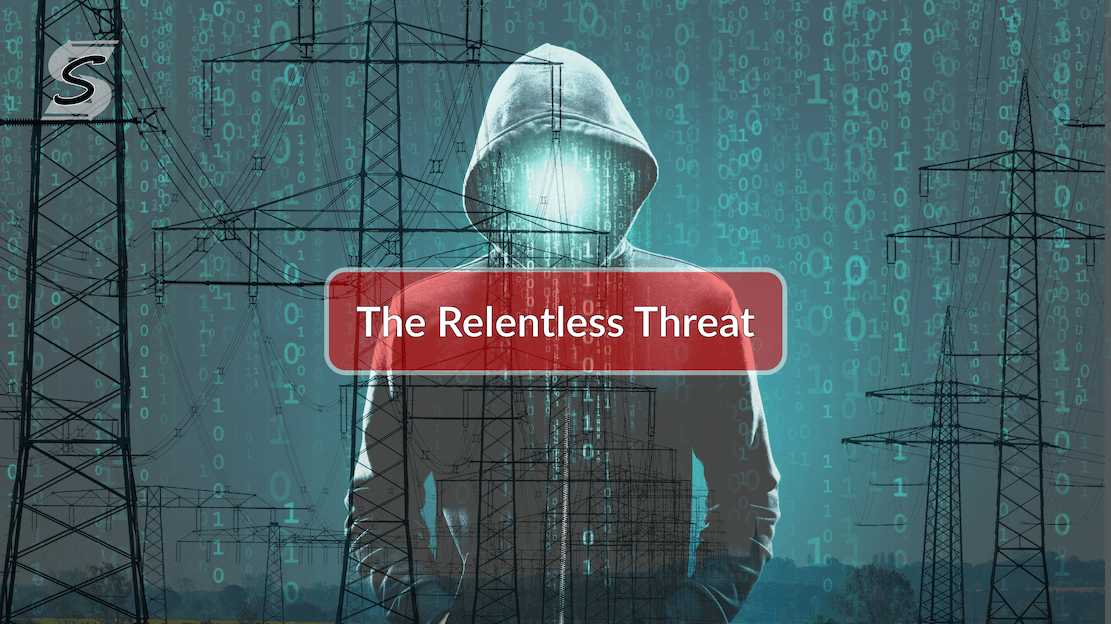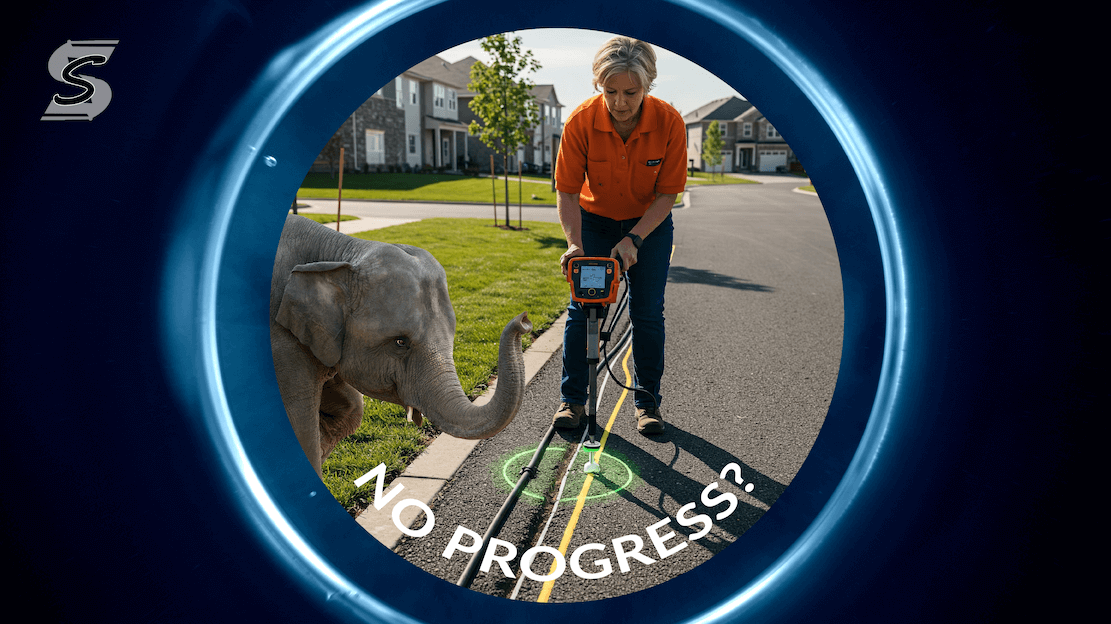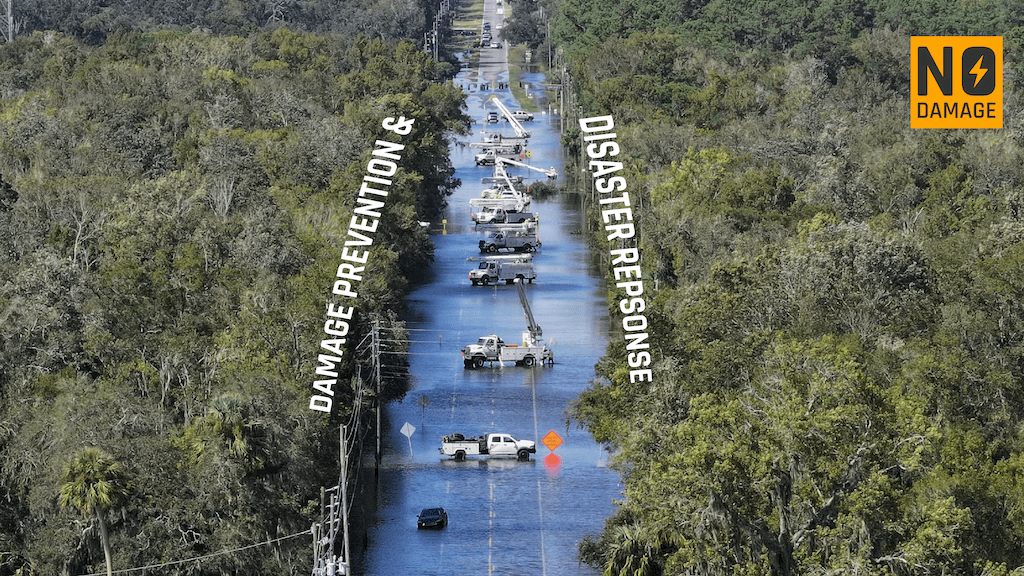
With the amount of data associated with critical infrastructure and damage prevention cybersecurity is becoming a more and more important, the threat landscape is constantly evolving, and the protection of critical infrastructure has never been more crucial. As we witness an alarming surge in cyber attacks targeting vital systems such as energy grids, water supplies, and transportation networks, it becomes imperative to explore innovative solutions that can effectively safeguard these infrastructural assets from malicious actors. And with that in mind I was reading through this Infrastructure Magazine article about Ineffable Cryptography, which they deemed “a new approach to cybersecurity for critical infrastructure”, consider my interest piqued.
Drawing upon the insights from my previous article on utilizing blockchain technology for damage prevention, it's evident that innovative approaches are essential in fortifying our critical infrastructure against emerging threats. While blockchain technology has demonstrated its potential in enhancing data integrity and security, the advent of Ineffable Cryptography represents a significant advancement towards achieving this objective. By leveraging the principles of decentralization and cryptographic techniques, Ineffable Cryptography offers a promising pathway towards mitigating the risks associated with cyber attacks and data breaches. The technology operates by generating and managing keys discreetly across a decentralized network of servers, each administered by separate organizations. Within this network, each server retains only a portion of the key, ensuring that no single entity possesses complete access. This fragmentation prevents anyone from viewing the entire keys, understanding the full scope of processes being executed, or discerning the assets being unlocked. By dispersing these operations covertly across the network, the keys remain hidden from would-be hackers, safeguarding against unauthorized access attempts.
The Infrastructure Magazine article contains the quote, “Whether a business is using software from a vendor, or relying on their IT team, or keeping keys with access, there’s always someone who has access to that authority. “And when that authority is compromised, it’s game over,” which is a scary truth. One of the big questions we’re asked when we onboard a new Utilocate client is who owns the data? The answer to that is our customers, but we do have responsibility to protect it and to prevent breaches. As the IM article notes, in May 2021, a hacker group exploited a lone compromised password linked to an inactive account to breach the security of the Colonial Pipeline in the United States. This breach allowed the hackers to infiltrate the infrastructure of the critical gas pipeline, prompting them to demand ransom as they disrupted operations for a significant period of five days. The consequences were felt swiftly, with localized shortages of gasoline, diesel fuel, and jet fuel exacerbating the impact of the cyberattack.
The applicability of Ineffable Cryptography in the context of critical infrastructure protection extends beyond theoretical conjecture. With its successful integration into the prototype access control system KeyleSSH and subsequent validation through rigorous testing, this technology has proven its efficacy in real-world scenarios albeit in limited scenarios. By decentralizing access authority and minimizing centralized points of vulnerability, Ineffable Cryptography enables organizations to bolster their defenses against potential cyber threats, thereby enhancing the resilience of critical infrastructure networks.
In considering the adoption of Ineffable Cryptography in North America, particularly in the United States and Canada, it's essential to address common misconceptions surrounding data security and privacy. Despite reservations regarding the notion of placing sensitive data on a public map, as exemplified by the concerns raised by regulatory bodies like the Pipeline and Hazardous Materials Safety Administration (PHMSA), it's imperative to recognize the transformative potential of innovative cybersecurity technologies.
Rather than viewing Ineffable Cryptography as a threat to data privacy, it should be regarded as a proactive measure aimed at safeguarding critical infrastructure assets from malicious exploitation. By decentralizing access control and ensuring the integrity of data transmission through cryptographic protocols, this technology offers a secure and resilient framework for managing sensitive information within the public domain.
In conclusion, the integration of Ineffable Cryptography into existing cybersecurity frameworks represents a paradigm shift in our approach to protecting critical infrastructure. By harnessing the power of decentralized encryption techniques, we can enhance the security and resilience of vital systems, thereby mitigating the risks posed by cyber threats. As we navigate the complexities of an increasingly digitized world, embracing innovative solutions like Ineffable Cryptography is essential in safeguarding the foundation of modern society against emerging challenges and threats.
Read the study here
Share this Post












